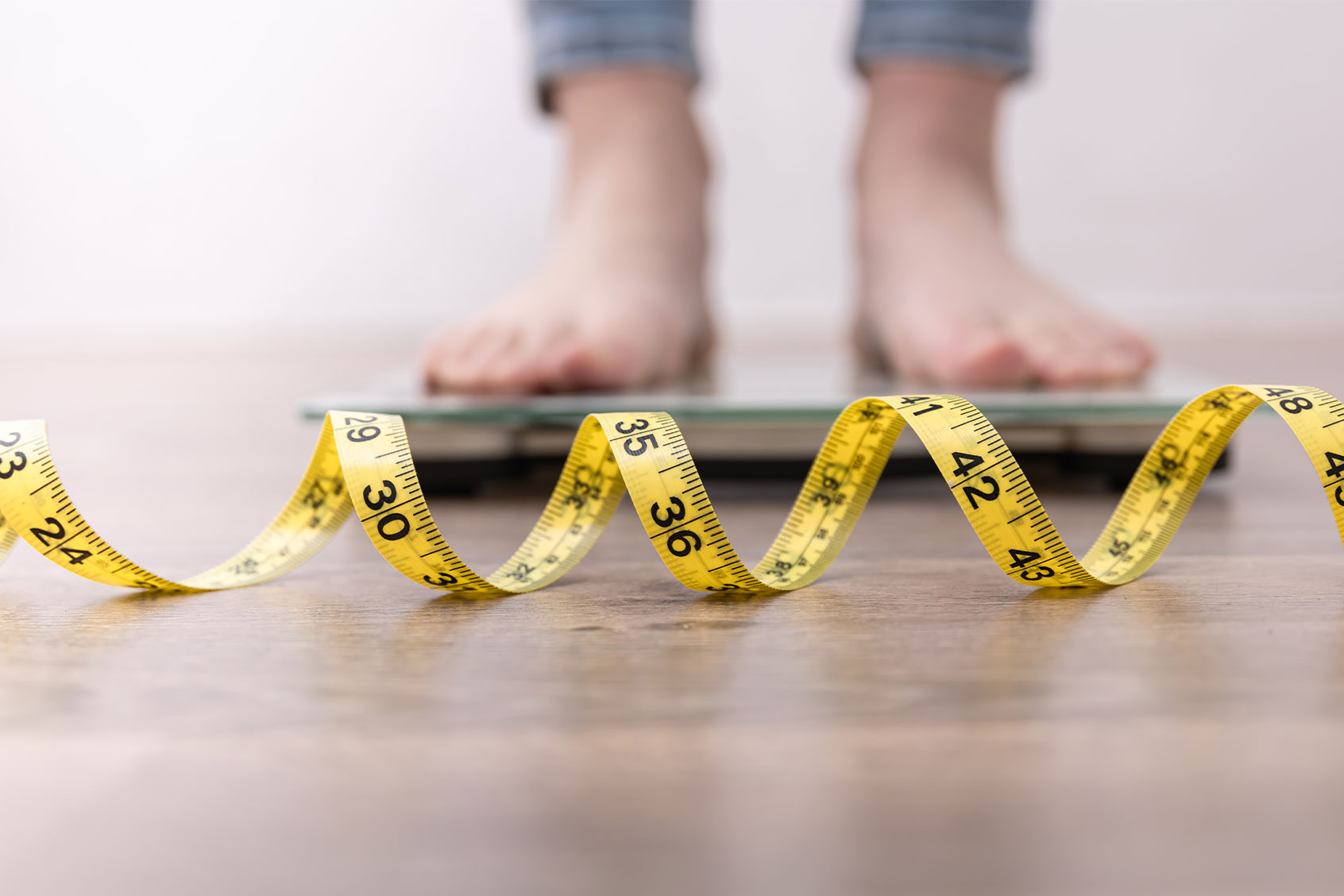Last week, in a sit-down interview with CNN, WeightWatchers CEO Sima Sistani uttered four words that changed the trajectory of the company for good: “We got it wrong.”
Since joining the company last year, Sistani has revised many of its core features, including shifting away from storefronts and their infamous in-person meetings, but most radical is her keen embrace of blockbuster weight loss and weight-management drugs like Ozempic and Wegovy, can help patients lose 22.5 percent of their body weight — approaching the amount someone would lose with bariatric surgery. As part of this pivot, WeightWatchers will be collaborating with a telehealth company that can prescribe their customers these medications.
“What we do best is help people with weight management. That is the anchor,” she said. “I think we have to be true and authentic to that and who we are.”
She continued: “These medications have shown, and science has evolved to say, that living with obesity is a chronic condition. It’s important, no matter what it means for our business, to just be clear about that. It’s not willpower alone and what we are now saying is we know better and it’s on us to do better so that we can help people feel positive and destigmatize this conversation around obesity.”
It’s telling that Sistani brings up the concept of stigma surrounding obesity; many popular American diet plans are steeped in shame masquerading as accountability, be that in the form of stepping on a scale in front of tracksuit-clad strangers or logging calories into a little app that issues notifications when one goes over their daily allotment of fat or carbohydrates.
Many popular American diet plans are steeped in shame masquerading as accountability
Asceticism in pursuit of losing a few pounds is perceived as almost righteous. For instance, in “The Beautiful People's Diet Book by Luciana Avedon and Jeanne Molli,” which was published in 1973, the authors write: "For heightened perception without drugs plus rapid weight loss, nothing beats the oldest known treatment for obesity: total starvation."
The numerous professionals and influencers that exist in and on the edge of the diet industrial complex have long counted on the societal pressure associated with the belief that all thin people are driven and motivated, while all fat people are lazy and lack ambition in order to sell gym memberships, diet plans and virtual bootcamp subscriptions.
We need your help to stay independent
But now that big players like WeightWatchers have begun to embrace weight loss drugs, and the very real data that some people actually need medication in order to achieve better health, the myth of thinness as a virtue is being challenged. However, for much of our country’s contemporary history, thinness has been positioned as a moral good — and not just within the pages of women’s magazines, but in both the political and religious spheres, which means that the process of adjusting America’s understanding of weight loss is only just beginning.
During the Great Depression, public messaging surrounding what and how Americans ate drew clear distinctions between eating for pleasure and eating for economy. This attitude was carried into the first World War where rationing food was both a practical need and a display of patriotism. Perhaps that’s one of the underlying reasons that, by and large, we expect our politicians to be thin.
For instance, in 2010, “The Atlantic” posed the question: “Is America Ready for a Fat President?” At the time, four of the “most bandied-about names for the GOP nominations in 2012,” which included Mississippi Gov. Haley Barbour, New Jersey Gov. Chris Christie, former House Speaker Newt Gingrich, and former Arkansas Gov. Mike Huckabee, did not conform to what the Daily Beast’s Lloyd Grove described as “the telegenic stereotype of lean and hungry strivers.”
A year later, Philadelphia Magazine asked the slightly more personal, “Are We Ready for a Fat President?” Then-New Jersey governor Chris Christie was considering a presidential run, which brought a fair amount of scrutiny about his level of physical fitness.
“I saw [Christie] the other day,” commentator Chris Matthews said to a D.C. crowd during a December 2010 public appearance. “He must be 300-plus, and that’s something he’s just gotta deal with because you’re not going to say, ‘I’m going to cut the budget’— well, how about starting with supper?”
"If our bodies really are to be temples of the Holy Spirit, we had best get them down to the size God intended"
That same month, pundit and professor Lamont Hill appeared on Fox 29 and said Christie could never be president. Why not? Hill was emphatic: “He’s fat.”
Given the insidious ways politics and religion tend to intertwine in certain corners of America, it’s not really surprising that these attitudes are reflected within the walls of the Christian church community. For instance, in 1957, Reverend Charlie Shed published a book titled “Pray Your Weight Away.” It became a best-seller with lines like, “If our bodies really are to be temples of the Holy Spirit, we had best get them down to the size God intended,” a sentiment that was eventually echoed in the 1961 book by Dr. Edward Podolsky, “It’s A Sin to Be Fat.”
These are the types of messages that have been reinforced for decades — from the pulpit, from the presidential debate stage, from the finale of “The Biggest Loser” — which means that it will almost assuredly take a while for our collective understanding around the realities of weight management to shift.
Buried within the WeightWatchers literature is a surprisingly apt nugget of truth issued by the company’s founder, Jean Nidetch: “We all need approval, but when we lose weight for others, we’re in trouble.”

